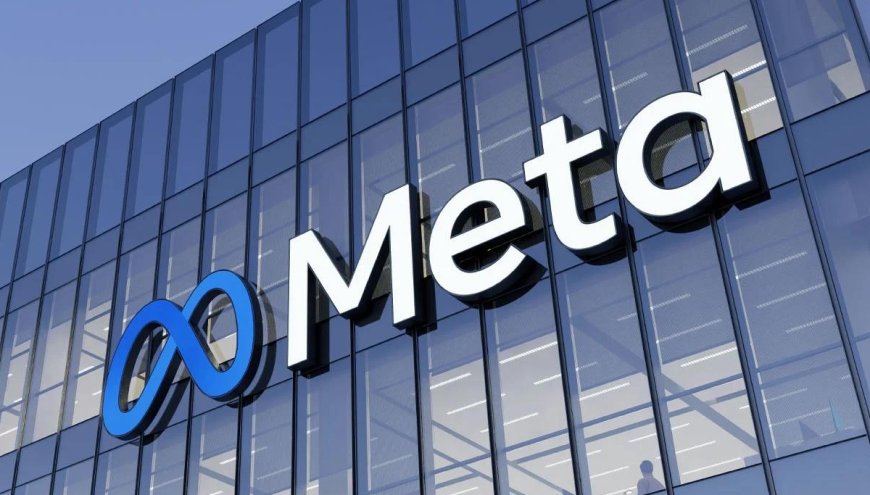Meta Unveils Standalone AI Chatbot App to Rival ChatGPT and Google Gemini
Meta launches its standalone AI assistant app powered by Llama 3, challenging ChatGPT and Gemini with real-time chat, voice interaction, smart glasses integration, and open-source innovation.

Meta Platforms Inc. has officially entered the consumer AI arena with the launch of its new Meta AI app a bold move aimed at competing head-to-head with OpenAI’s ChatGPT and Google’s Gemini. The app rolled out on Tuesday and is now available for iOS and Android users worldwide.
This release marks a significant shift for Meta, signaling its ambition to become a major player in the AI-powered assistant space. Built on Meta’s latest Llama 3 language model, the app delivers smart, personalized interactions that go beyond basic chatbot functions.
From Social Integration to a Standalone AI Experience
Previously, Meta AI lived inside the company’s core platforms, including Facebook, WhatsApp, Instagram, and Messenger. But with the launch of the standalone Meta AI app, users can now chat directly with the assistant without opening another Meta product.
The app features a sleek chat-style interface, similar to ChatGPT, but with a unique twist: a new “Discover” tab allows users to scroll through public conversations others have had with Meta AI. Think of it as a mix between a chatbot and a social feed an interactive way to learn, explore, and engage with AI in real time.
Designed for Real-Life Use: From Emails to Image Generation
Meta AI isn’t just about having casual chats. The assistant is designed with practical functionality in mind. Users can:
- Draft emails or social media posts
- Summarize trending news
- Plan trips or itineraries
- Create poems, stories, or song lyrics
- Generate images using AI
- Get smart, search-enhanced answers
This makes Meta AI a powerful productivity tool as well as a creative companion, offering versatility that appeals to both casual users and professionals.
Next-Level Voice Interaction: Full Duplex Conversations
One standout feature setting Meta AI apart is its full duplex voice mode, an opt-in capability that allows users to talk and receive responses simultaneously, similar to natural human conversation. No more waiting for your AI assistant to finish speaking before you can say something; it's fluid and seamless.
This advanced voice tech is currently being piloted in select countries, including the United States, Canada, Australia, and New Zealand, with plans for broader availability as development continues.
Hands-Free AI With Ray-Ban Smart Glasses Integration
Meta AI is also compatible with the company’s Ray-Ban smart glasses, making it even more accessible on the go. With just a voice command, users can:
- Ask questions about their surroundings
- Identify objects using the camera
- Receive contextual information instantly
This hands-free experience positions Meta AI as not just a virtual assistant but an augmented reality guide, blending physical and digital worlds.
Meta's AI Strategy: Open Source + Developer Ecosystem
The app launch coincides with Meta’s upcoming LlamaCon developer event, hosted at its Menlo Park headquarters, a clear signal of the company’s broader push to build a global ecosystem around its AI models.
Earlier in April, Meta made headlines by open-sourcing Llama 3, setting it apart from competitors like OpenAI, which keep their models proprietary. This open-access approach is expected to drive rapid innovation, collaboration, and developer adoption.
Monetization Plans and Market Outlook
While Meta AI is currently free to use, the company has announced plans to roll out a premium version later in 2025. Still, market experts suggest that significant revenue from AI services may not be realized until 2026 or beyond, as the ecosystem continues to mature.
Can Meta AI Win the Chatbot War?
As tech giants race to dominate the AI space, Meta’s new offering is already making waves. By blending social media-style discovery, real-world utility, and open-source flexibility, Meta AI has the potential to outshine existing tools like ChatGPT and Gemini.
If Meta can continue scaling these innovations and monetize them strategically, it could become one of the top contenders in the AI assistant market for years to come.













